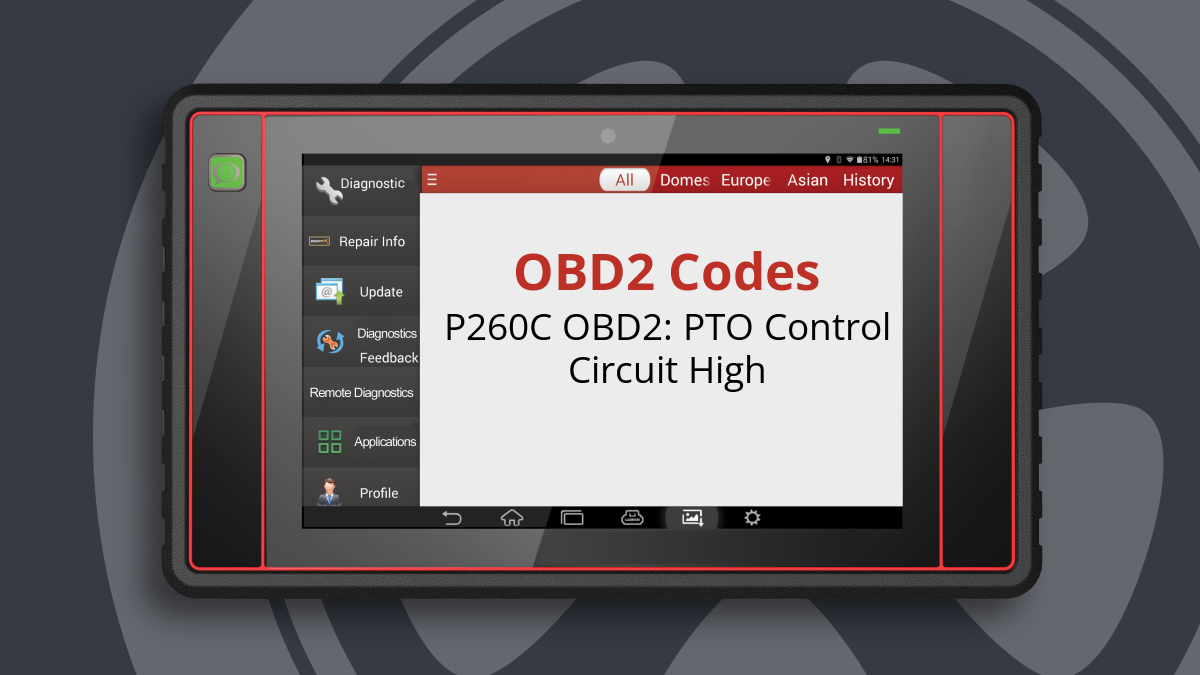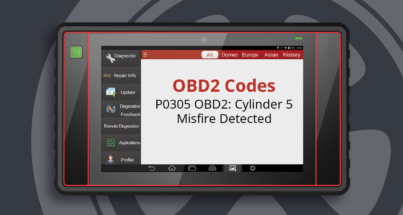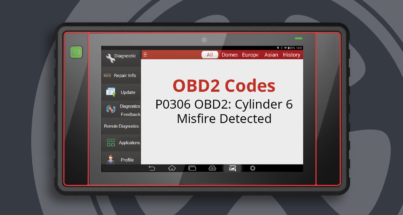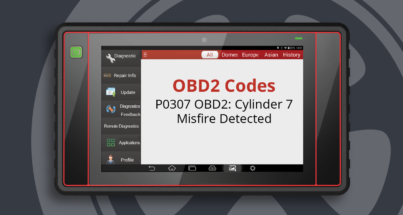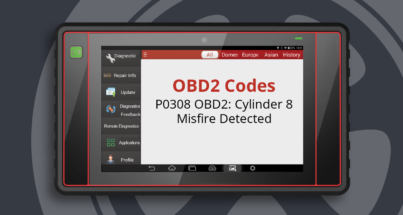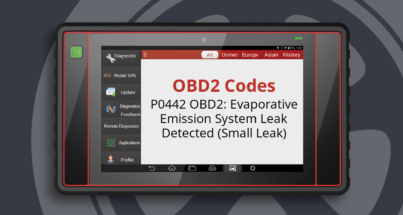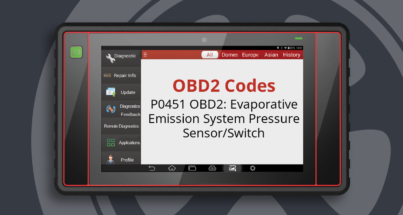What Does the P260C Code Mean?
The P260C code refers to a fault detected in the Power Take-Off (PTO) control circuit, indicating that the circuit voltage is too high. This can disable the PTO system, which is responsible for operating auxiliary equipment like dump beds or plows using the vehicle’s transmission.
What Causes the P260C Code?
There are several potential causes for the P260C code, including:
- Powertrain Control Module (PCM) failure
- PTO pump failure
- Wiring issues within the circuit
What Are the Symptoms of the P260C Code?
When the P260C code is triggered, common symptoms include:
- PTO system disabled
How Serious Is the P260C Code?
The P260C code is considered to have a moderate severity. While it may not pose an immediate threat to vehicle safety or functionality, it is important to get it diagnosed in a timely manner to prevent potential further issues.
How to Diagnose the P260C Code
To properly diagnose the P260C code, a mechanic would typically follow these steps:
- Use an OBD-II scanner to confirm the presence of the P260C code.
- Inspect the wiring and connectors associated with the PTO control circuit for any signs of damage or corrosion.
- Test the PTO pump and ensure it is functioning correctly.
- Check the Powertrain Control Module (PCM) for faults.
Common Repairs for the P260C Code
Common repairs for the P260C code might include:
- Repair or replace damaged wiring or connectors in the PTO circuit.
- Replace a faulty PTO pump.
- Replace or reprogram the Powertrain Control Module (PCM) if it is determined to be faulty.
How Much Does It Cost to Fix the P260C Code?
The cost to repair the P260C code can vary significantly based on the underlying issue. Simple wiring repairs may cost a few hundred dollars, while replacing a PTO pump or PCM can range from $500 to $1,500 or more, depending on the vehicle make and model.
Can I Fix the P260C Code Myself?
While some DIY enthusiasts may check for visible wiring issues, diagnosing and repairing the P260C code typically requires specialized equipment and expertise. If you’re not familiar with automotive electronics, it’s advisable to consult a professional mechanic to ensure accurate diagnosis and repair.


